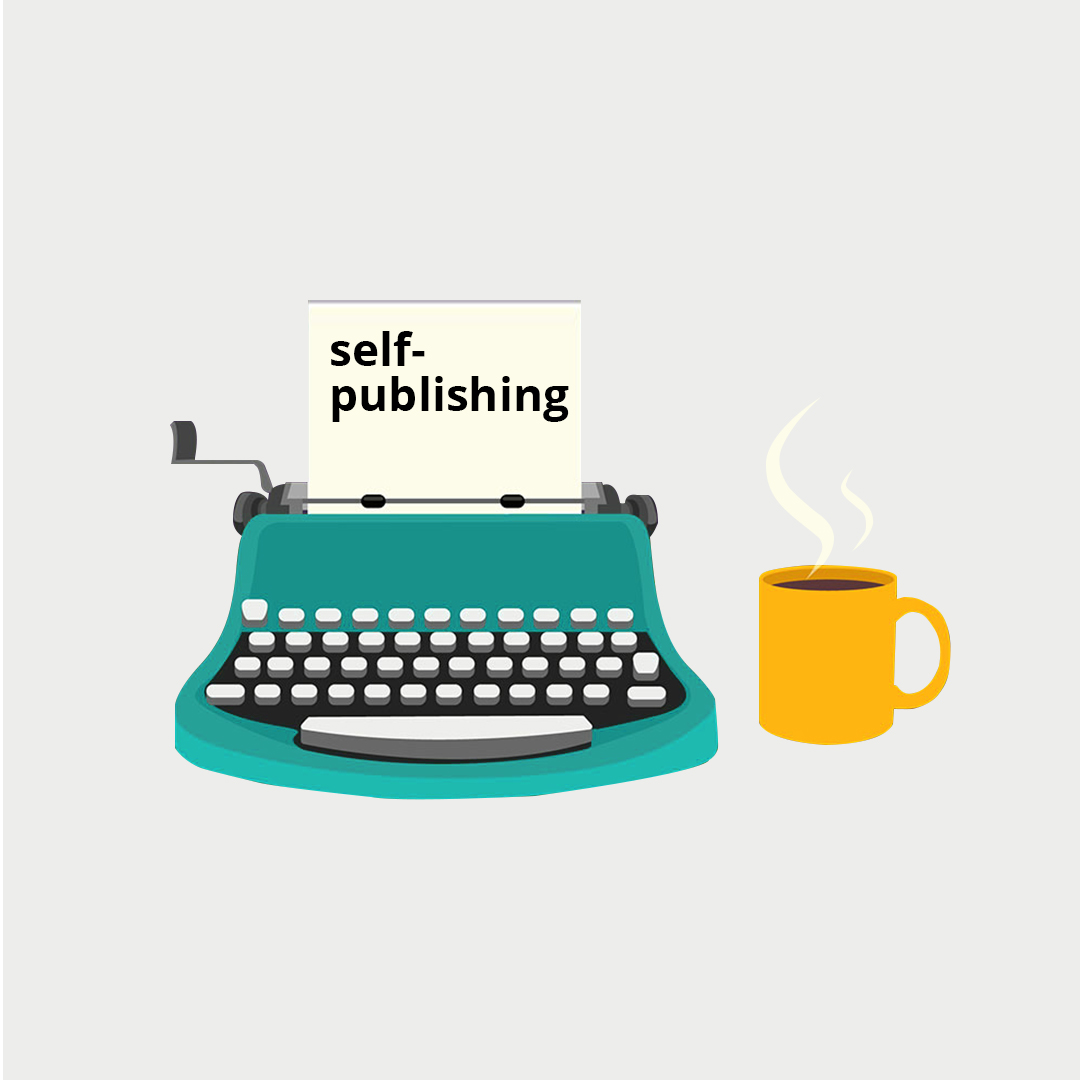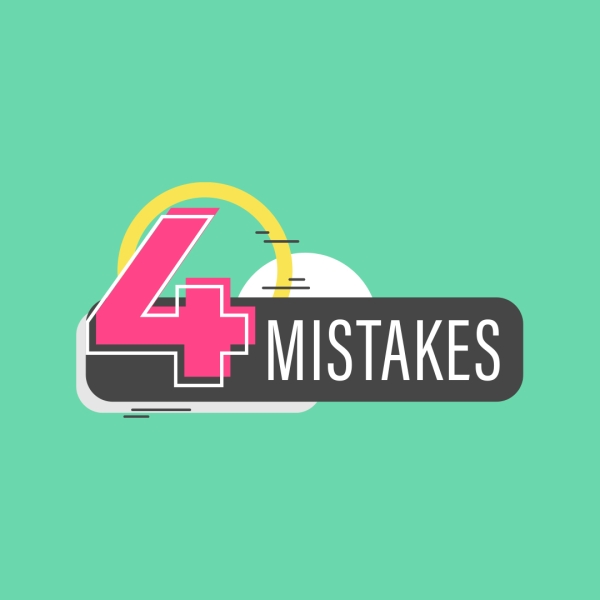These days, more authors are choosing to work with self publishing companies. Not only does this route allow authors to maintain more control over their work, it also allows them to receive a much higher percentage of the royalties from each sale of their book.
In the past, the only way to ensure that your book had an audience was to get it published through a traditional publisher. However, innovations in production and distribution in the digital era have created new options for independent authors to self-publish and reach their own audience.
While publishing a book may seem straightforward for some, there’s more to it than meets the eye. If you choose to go the self-publishing route, you’ll have to spend time editing your manuscript, pay for marketing, not to mention the money it costs to hire any other publishing-related services you may need (such as cover designers, layout/formatting professionals, and more).
Self publishing companies offer a more efficient and cost-effective option to help you on your publishing journey. In this article, you will learn the pros and cons of (1) self-publishing vs. traditional publishing, (2) self-publishing vs. vanity press, and (3) why you might consider working with a self publishing company.
What are Self Publishing Companies?
We know what you’re thinking. It’s called “self-publishing” so why is a company involved? The truth is, self-publishing doesn’t necessarily mean you will do all the work, from writing and editing your manuscript to designing and marketing your book. Despite the term, you still need other professionals to help you.
After all, while you may be an excellent writer creating best-selling author material, it might not be realistic to think you have the time to implement a successful marketing campaign, or have the expertise to design your book cover. Self publishing companies often provide professional packages that include editing, book cover design, formatting, distribution, and more. For a fixed price, you’ll have the resources you need to publish your book, and the ability to promote it to a wider audience more easily.
Self Publishing vs. Traditional Publishing
What is the difference between self publishing and traditional publishing? When you submit your work to a traditional publishing house, you are literally selling them your book. They will pay for the printing, marketing, and distribution, and other miscellaneous expenses. In return, the publishing house will claim a more significant portion of the profit, ranging from 85 to 95 percent. This means you only get about a 5 to 15 percent share.
When you publish through a self publishing company, you maintain full ownership of the book, however, you will be the one to pay for the publishing costs upfront. In return, you get a substantial percentage of royalties. At Spines, you can even get up to 70 percent royalties, one of the highest on the market.
Self-Publishing vs. Subsidy Publishing
Subsidy Publishing is when authors pay a publishing house to publish their book, rather than relying on being chosen by one to get published. While some of these companies are reputable, many are not, and they are often overseen by sham organizations with names similar to legitimate publishers.
Subsidy publishing houses are generally disreputable because they charge large amounts of money for their services but provide virtually zero marketing or editorial assistance. Under such an agreement, the author still has to do the marketing and promotion of their book with their own resources. Worse, it leaves them susceptible to costly production and distribution errors, which can be expensive.
3 Benefits of Working with a Self Publishing Company
Authors who prefer self publishing companies over traditional publishing companies do so because the self publishing companies allow the writer to completely control every aspect of the book. The self-publishing company will take care of most of the work for the author, such as editing, design, formatting, marketing, distribution, and promotion. In addition to having complete control of the publishing process, keeping ownership of your book, and getting up to 70 percent in royalties, there are many other benefits of publishing your book through a self publishing company.
- They Are Quicker – Traditional publishing companies are big, corporate, slow-moving beasts. They’re happy to take your manuscripts, put them on the back burner, forget about them, and return them when they’re tired of them. Some self-publishing platforms, like Spines, can publish your work within eight days, so you can hit the ground running with your book immediately.
- Wide Distribution Network – Self publishing companies are catching up to the big names in the publishing world. They might even have more channels to market on and a wider network of distributors because they are open to anyone who can pay, no matter how niche their genre.
- Financial – Self publishing services typically provide authors with higher royalties than traditional publishers. Most self-publishing companies will handle typesetting, cover design, marketing, and distribution, and you’ll get to enjoy a selection of superior services at a fraction of what it would cost if you were to hire different publishing service professionals independently. While one of the main benefits of working with a traditional publishing house is the financial advance that comes with the agreement, this may come at the price of your creative freedom. However, self-publishing companies (or the professional services you may hire when going this route) are not required to give you a refund if you are not satisfied with their results. Spines, however, offers a full 30-day money-back guarantee – and is one of the only self-publishing companies to do so.
Whether you are a veteran author or publishing your first book, self publishing is an excellent option to get your work out there. Self publishing companies offer authors more control over their book’s production, book cover design, and marketing than they might get if their book was published traditionally (not to mention, more royalties).








